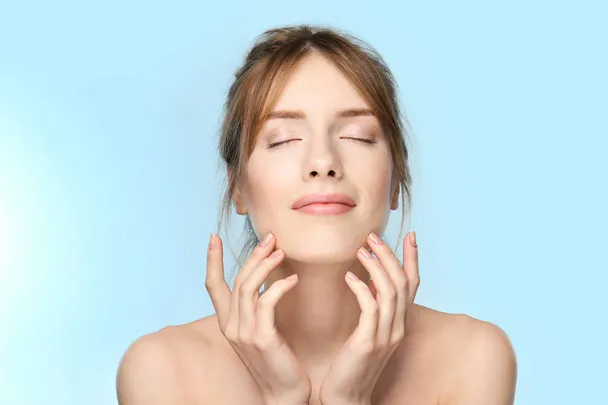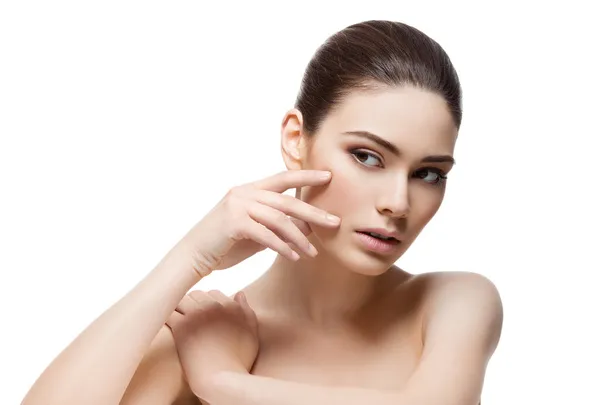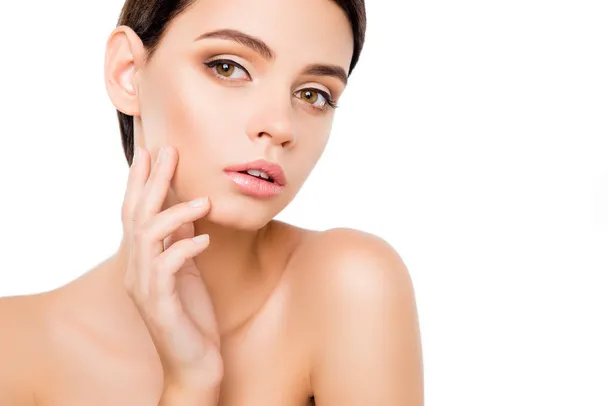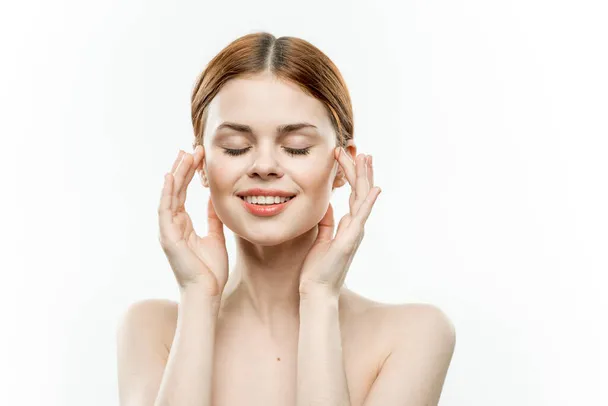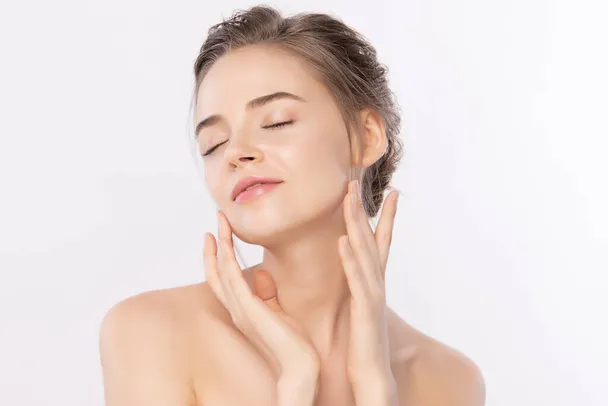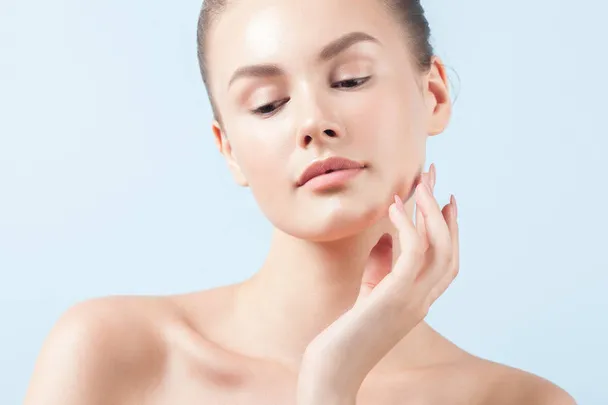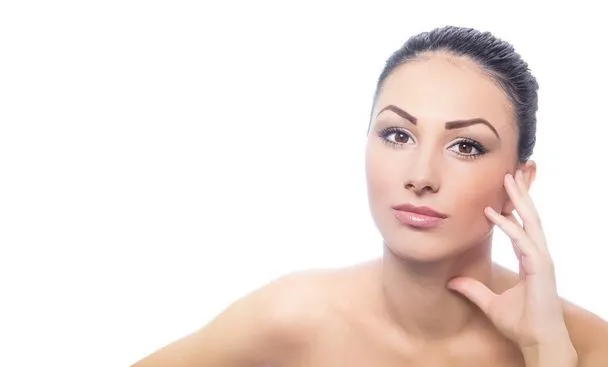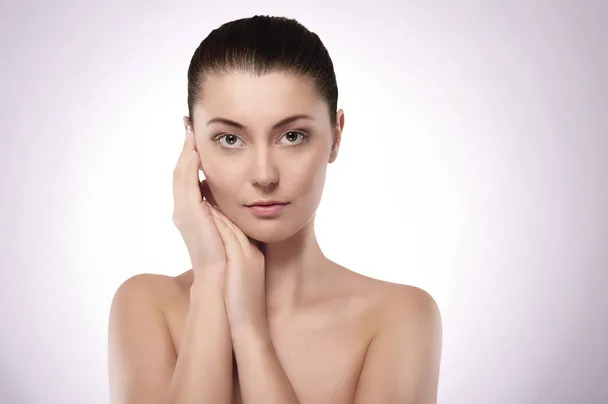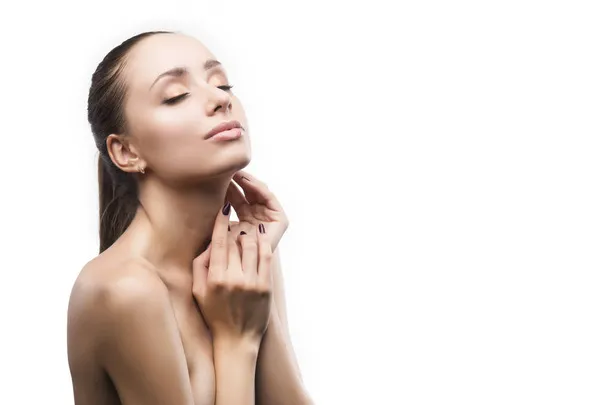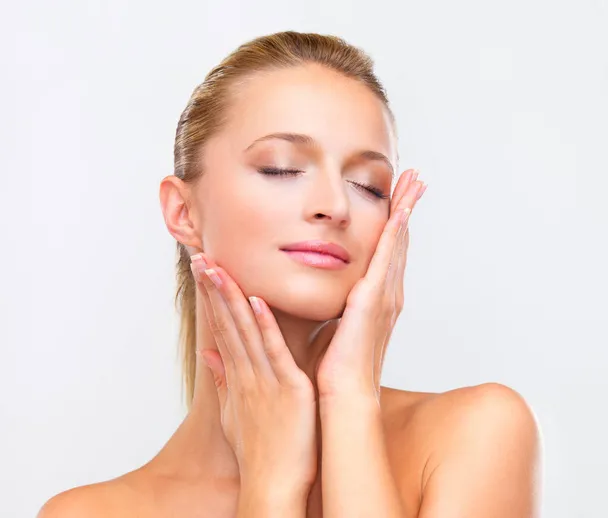Can the Way You Sleep Really Cause Wrinkles?
Wrinkles are a natural part of the aging process, but certain lifestyle factors, including sleep habits, can contribute to their formation. While it’s commonly believed that sleeping positions can lead to wrinkles, the extent to which they impact skin aging is a topic of debate among experts. Let’s explore the relationship between sleep and wrinkles to determine if the way you sleep can truly cause wrinkles.
Understanding Wrinkles:
Wrinkles, those telltale signs of aging, are more than just a cosmetic concern—they’re a natural part of the skin’s aging process. These creases, lines, or folds that develop on the skin’s surface occur due to a combination of intrinsic and extrinsic factors.
Intrinsic factors, such as genetics and the natural aging process, play a significant role in the formation of wrinkles. As we age, our skin undergoes several changes, including a decrease in the production of collagen and elastin—the proteins responsible for maintaining the skin’s structure, firmness, and elasticity. With reduced collagen and elastin levels, the skin becomes thinner, drier, and less able to bounce back from wrinkles and fine lines.
Extrinsic factors, on the other hand, encompass external influences that accelerate skin aging and contribute to the development of wrinkles. Among the most notable extrinsic factors is sun exposure. Chronic exposure to ultraviolet (UV) radiation from the sun damages the skin’s collagen and elastin fibers, leading to premature aging, photoaging, and an increased risk of wrinkles. This process, known as photoaging, results in the breakdown of collagen and elastin, causing the skin to lose its elasticity and resilience.
In addition to sun exposure, other environmental factors can also contribute to wrinkle formation. Cigarette smoke contains harmful chemicals that can damage collagen and elastin fibers, leading to premature aging and the formation of wrinkles. Air pollution, particularly fine particulate matter (PM2.5), can penetrate the skin and induce oxidative stress, inflammation, and collagen degradation, accelerating the aging process.
Furthermore, repetitive facial movements and expressions—such as squinting, frowning, or smiling—can contribute to the development of dynamic wrinkles, particularly around the eyes, forehead, and mouth. Over time, these repetitive motions cause the skin to crease and fold, leading to the formation of permanent lines and wrinkles.
While wrinkles are a natural and inevitable part of the aging process, certain lifestyle choices and skincare practices can help minimize their appearance and delay their onset. Sun protection is paramount, with daily use of broad-spectrum sunscreen and protective clothing essential for preventing photoaging and reducing the risk of wrinkles. Additionally, adopting a comprehensive skincare regimen that includes moisturizers, antioxidants, retinoids, and other anti-aging ingredients can help nourish the skin, improve collagen production, and diminish the appearance of wrinkles over time.
The Role of Sleep in Skin Aging:
Sleeping on your back is often recommended as the optimal position for skin health, as it minimizes facial contact with the pillow and reduces the risk of sleep lines and wrinkles. Conversely, sleeping on your side or stomach may lead to facial compression, where one side of the face is pressed against the pillow for an extended period. This repetitive pressure can contribute to the formation of sleep lines or wrinkles, particularly on the cheeks, chin, and décolletage. Over time, these sleep lines may become more pronounced and contribute to premature aging of the skin.
the type of pillowcase you use can impact skin health. Silk or satin pillowcases are smoother and gentler on the skin compared to cotton pillowcases, which may cause more friction and contribute to wrinkle formation. By minimizing facial compression and friction, back sleeping and using silk or satin pillowcases can help preserve the skin’s elasticity and smoothness, promoting a more youthful appearance over time. Ultimately, prioritizing healthy sleep habits and choosing the right sleeping position and bedding materials can play a significant role in preventing wrinkles and maintaining skin health as you age.
Sleeping Positions and Wrinkles:
- Sleeping on Your Side or Stomach: Many people prefer sleeping on their side or stomach for comfort, but these positions can have implications for skin health. When you sleep on your side or stomach, one side of your face is often pressed against the pillow for an extended period. This repetitive pressure can lead to the formation of sleep lines or wrinkles, particularly on the cheeks, chin, and décolletage. Over time, these sleep lines may become more pronounced and contribute to premature aging of the skin.
- Sleeping on Your Back: Back sleeping is often touted as the ideal sleeping position for maintaining skin health. When you sleep on your back, your face has minimal contact with the pillow, reducing the risk of sleep lines and wrinkles. By minimizing facial compression and friction, back sleeping helps preserve the skin’s elasticity and smoothness. Additionally, sleeping on your back promotes proper spinal alignment and may help alleviate neck and back pain associated with poor sleeping posture.
- Use of Pillowcases: The type of pillowcase you use can also influence the formation of wrinkles and the overall health of your skin. Silk or satin pillowcases are smoother and softer compared to traditional cotton pillowcases. These luxurious fabrics create less friction against the skin, reducing the likelihood of sleep lines and preventing skin irritation. Silk and satin pillowcases also help retain moisture in the skin and hair, contributing to a smoother complexion and healthier-looking locks. Investing in silk or satin pillowcases may be beneficial for those concerned about minimizing wrinkles and maintaining skin health while they sleep.
Preventing Sleep-Related Wrinkles:
- Consider Your Sleeping Environment: Investing in a supportive mattress and pillows can promote proper spinal alignment and reduce facial pressure while sleeping. Opting for silk or satin pillowcases can further minimize friction on the skin, helping to prevent the formation of sleep lines and wrinkles. By creating a comfortable and supportive sleep environment, you can reduce the likelihood of waking up with visible signs of sleep-related wrinkles.
- Practice Good Sleep Hygiene: Maintaining a consistent sleep schedule and establishing a relaxing bedtime routine can contribute to better sleep quality and reduce the risk of sleep-related wrinkles. Create a calming bedtime routine that includes activities such as reading, gentle stretching, or practicing relaxation techniques like deep breathing or meditation. Ensure your sleep environment is conducive to restful sleep by keeping the room dark, quiet, and at a comfortable temperature.
- Stay Hydrated and Moisturized: Hydration is essential for maintaining skin elasticity and preventing the formation of wrinkles. Drink plenty of water throughout the day to stay hydrated from within, and use moisturizers that contain hydrating ingredients such as hyaluronic acid and antioxidants to nourish and protect the skin’s moisture barrier. Applying a rich moisturizer before bed can help lock in moisture and prevent overnight dehydration, minimizing the appearance of sleep-related wrinkles.
- Consider Professional Treatments: In addition to lifestyle modifications, consider incorporating professional skincare treatments into your routine to address existing wrinkles and promote skin rejuvenation. Topical retinoids, such as retinol or tretinoin, can help stimulate collagen production and improve skin texture over time. Chemical peels and laser therapy are also effective options for reducing the appearance of wrinkles and promoting overall skin health. Consult with a dermatologist or skincare professional to determine the best treatment approach for your specific skin concerns and goals.
While the way you sleep may contribute to the formation of wrinkles, it’s just one of many factors that influence skin aging. Genetics, sun exposure, skincare habits, and lifestyle choices also play significant roles in determining the health and appearance of your skin. By practicing good sleep hygiene, choosing the right sleeping positions and pillowcases, and maintaining a comprehensive skincare routine, you can minimize the impact of sleep-related factors on wrinkles and promote a youthful, radiant complexion over time.
- Genetics: Genetic factors influence how your skin ages and how susceptible it is to wrinkles. While you can’t change your genetic makeup, you can focus on lifestyle habits and skincare practices that support skin health and minimize the effects of genetic predispositions.
- Sun Exposure: UV radiation from the sun is one of the primary contributors to premature skin aging, including the development of wrinkles, fine lines, and sunspots. Protect your skin from the sun’s harmful rays by wearing sunscreen daily, seeking shade during peak hours, and wearing protective clothing such as wide-brimmed hats and sunglasses.
- Skincare Habits: Consistent skincare habits, such as cleansing, moisturizing, and using targeted treatments, are essential for maintaining skin health and preventing wrinkles. Choose skincare products that are suitable for your skin type and concerns, and be gentle when applying and removing products to avoid unnecessary tugging and pulling on the skin.
- Lifestyle Choices: Certain lifestyle factors, such as smoking, poor nutrition, and lack of exercise, can contribute to skin aging and the formation of wrinkles. Adopting a healthy lifestyle that includes regular exercise, a balanced diet rich in antioxidants and essential nutrients, and avoiding harmful habits like smoking can support overall skin health and minimize the appearance of wrinkles.

